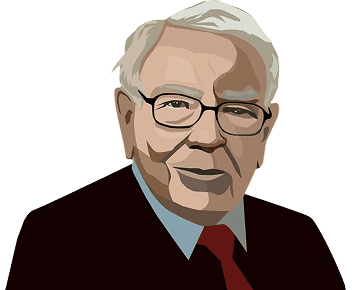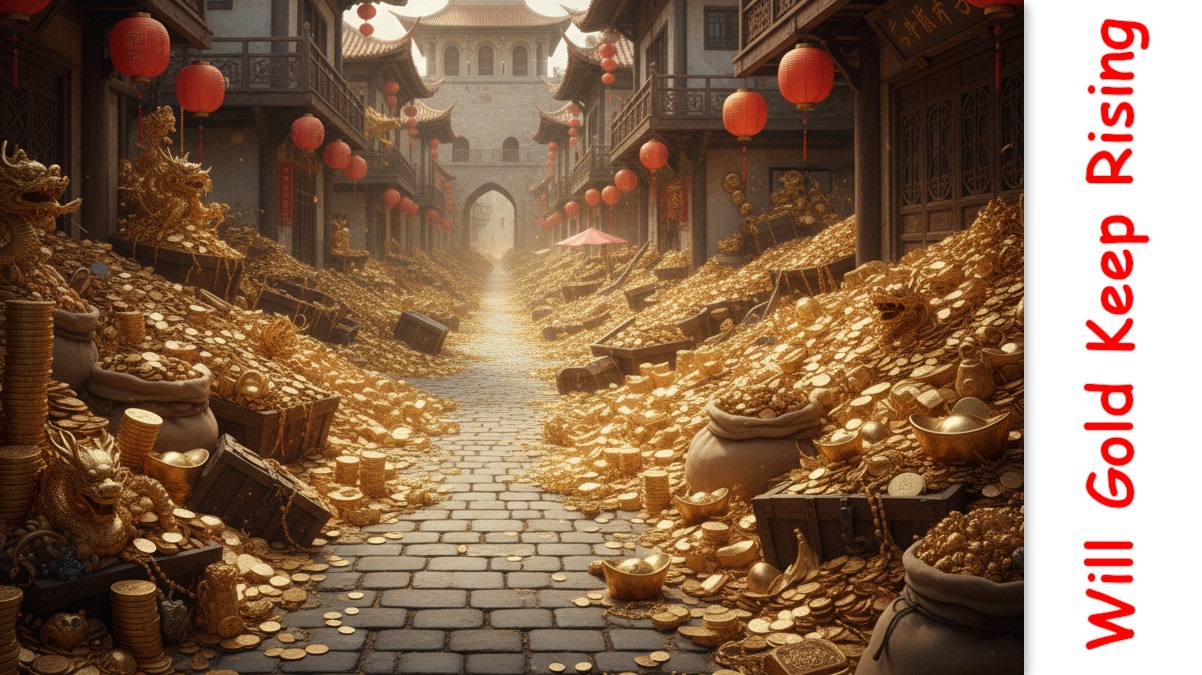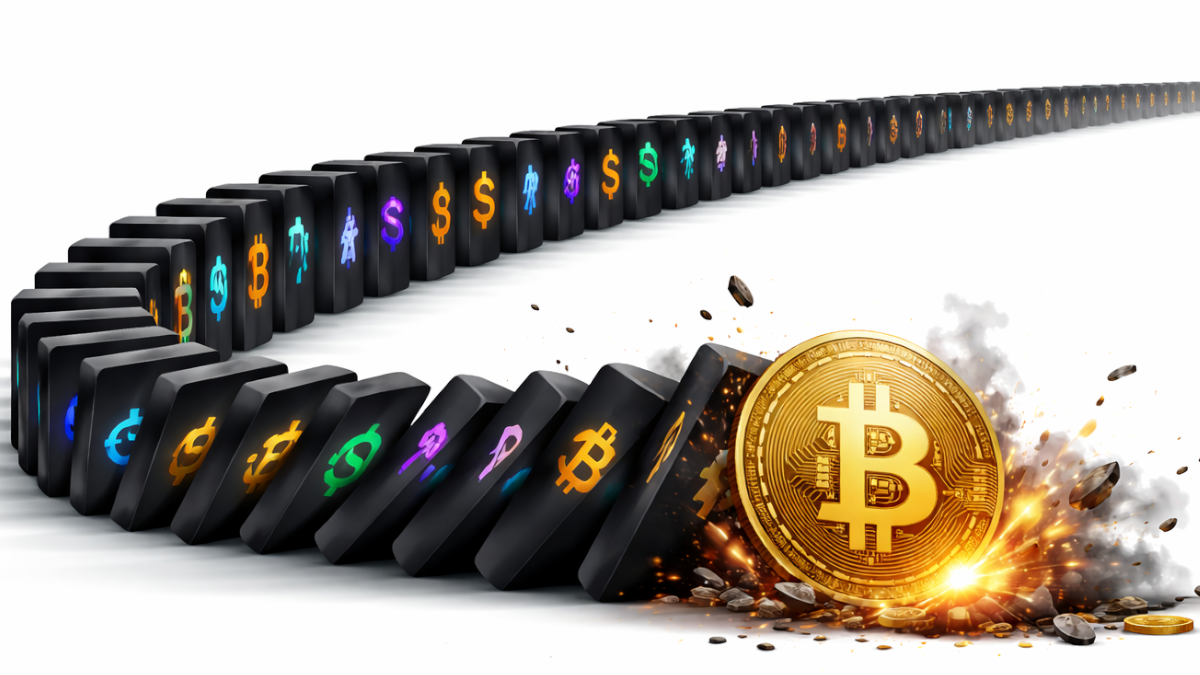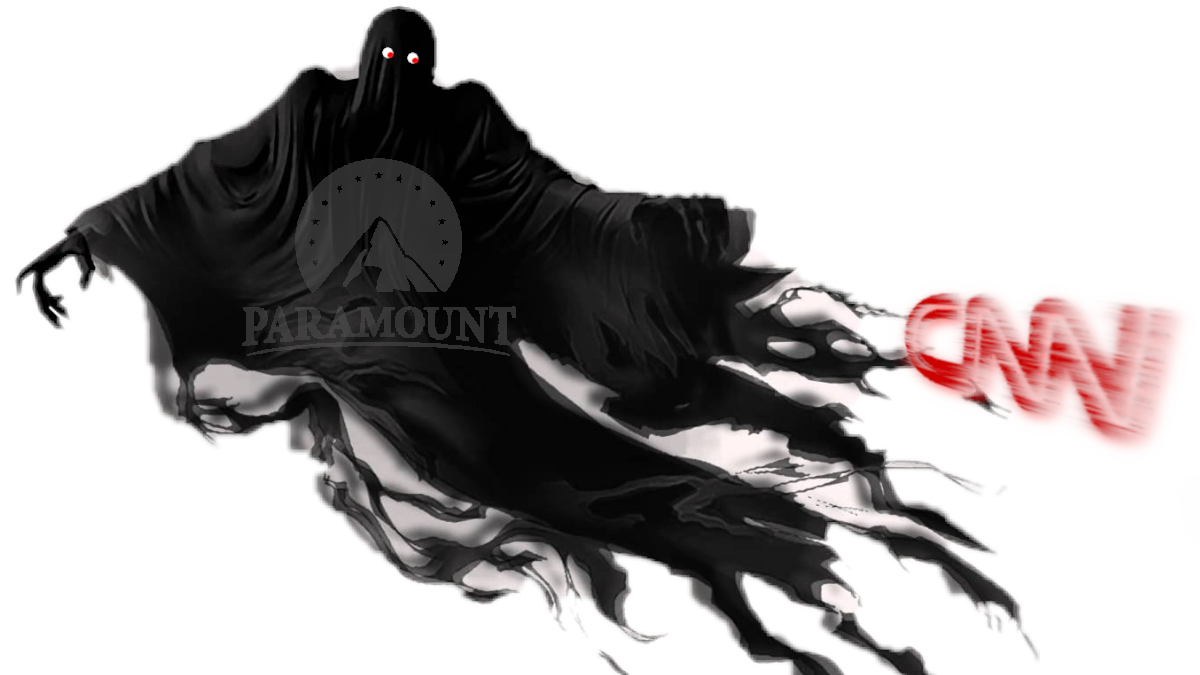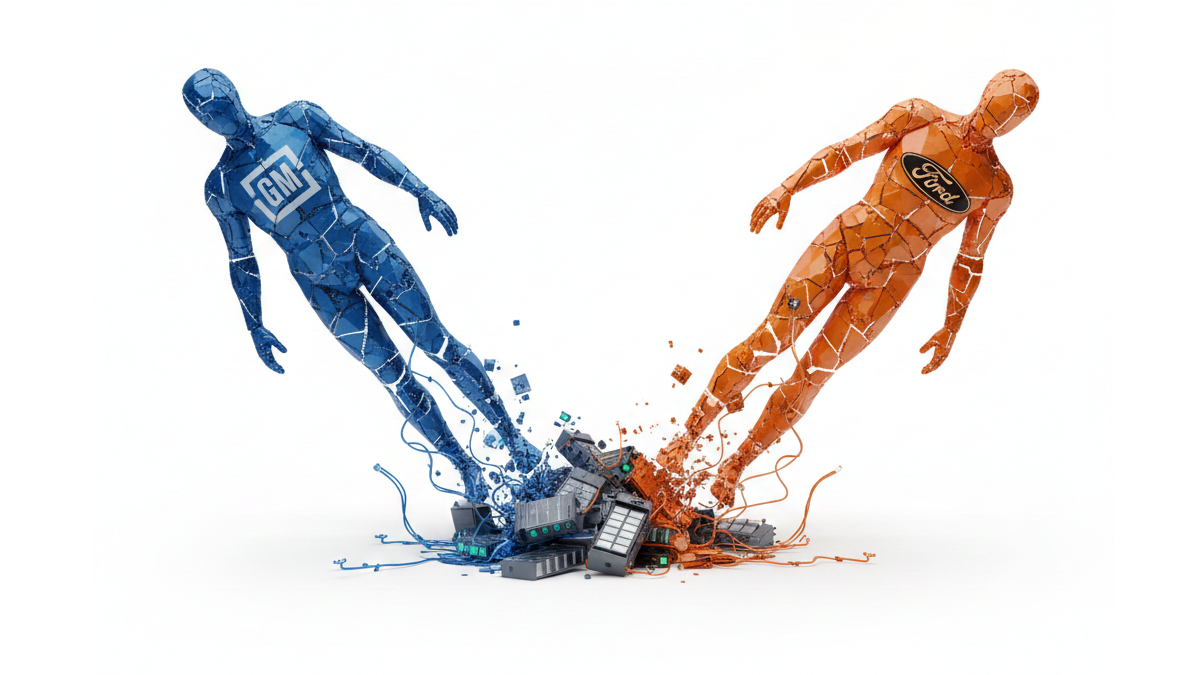- Analisis
- Berita Dagangan
- Skechers Terjual Dengan Diskaun—Modal 3G Membeli Panik
Skechers Terjual Dengan Diskaun—Modal 3G Membeli Panik
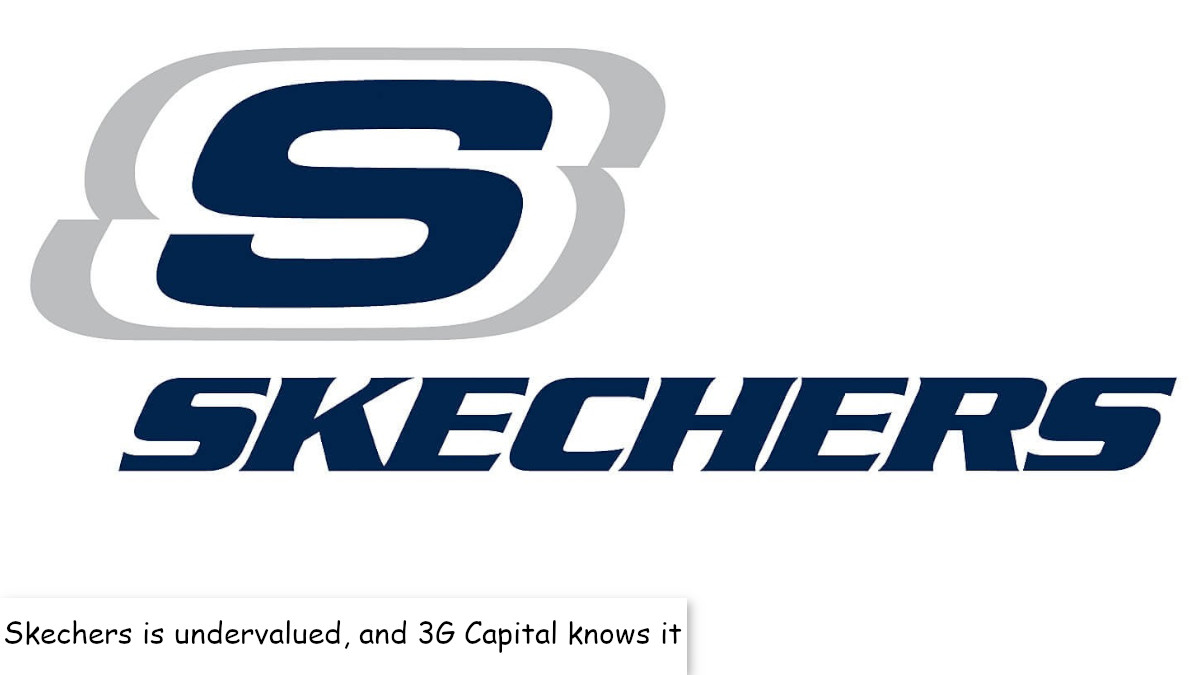
Skechers dipandang rendah, dan 3G Capital mengetahuinya.
Dalam langkah mengejut, Skechers telah bersetuju untuk menjadi persendirian dalam pembelian $9.42 bilion yang diketuai oleh 3G Capital. Perjanjian itu, bernilai $63 sesaham, mewakili premium 28% kepada penutupan pra-pengumuman saham, tetapi itu selepas Skechers telah jatuh 30% tahun ini. Hilangkan kemerosotan akibat tarif, dan apa yang dipanggil premium menyusut dengan cepat.
Skechers Masih Menyiarkan Keputusan Padat
Ia adalah pengambilalihan oportunistik. Skechers masih menyiarkan keputusan yang kukuh - pendapatan suku pertama adalah kukuh - tetapi Wall Street tidak peduli. Pelabur menghukum saham selepas Trump mengenakan tarif 145% ke atas import China, menghantar Skechers ke dalam mod defensif. Pada bulan April, syarikat itu menarik balik panduan setahun penuhnya.
Kesunyian itu menggemparkan pasaran. Tetapi asasnya tidak buruk, tetapi keyakinan telah goyah.
3G, terkenal kerana memerah margin dan bermain permainan panjang, melihat tingkap. Jenama yang bagus. Kehadiran global. Pendapatan yang kukuh. Kebisingan jangka pendek. Syarat yang sempurna untuk strategi ekuiti persendirian.
Skechers Tidak Mencari Pilihan Lain
Skechers tidak mencari pilihan lain - tiada pembidaan kompetitif. Hanya perjanjian dua hala dengan 3G. Itu sahaja menunjukkan harga itu tidak disemak sepenuhnya dan pemegang saham mungkin telah ditukar.
Keluarga Greenberg, yang mengasaskan dan masih menjalankan Skechers, kekal di atas kapal. Ini menjadikan peralihan yang lancar, tetapi ia juga mengukuhkan idea bahawa perjanjian ini telah dirancang terlebih dahulu. Hubungan peribadi mengatasi persaingan pasaran.
Tarif Menjejas Sentimen Tetapi Bukan Perniagaan
Skechers terdedah kepada China, itulah sebabnya tarif Trump melanda dengan teruk. Tetapi kejutan luaran tidak semestinya menunjukkan kerosakan dalaman.
Jenama ini masih berkembang secara global, mempunyai 5,000 kedai di lebih 120 negara, dan berkembang maju dalam ruang nilai dengan kebanyakan kasut berharga di bawah $150. Ia juga sangat bergantung pada perkaitan budaya—hubungan selebriti dengan Britney Spears, Kim Kardashian, Harry Kane—untuk kekal kelihatan dalam pasaran yang berantakan.
Media membingkai ini sebagai syarikat "dalam masalah." Tetapi itu mengabaikan kebenaran teras: Skechers ialah perniagaan yang berdaya tahan kemelesetan, terperangkap dalam ribut dasar. Ia tidak gagal-ia hanya tidak mahu terus menerangkan kekacauan kepada pelabur awam.
Siapa Sebenarnya Menang
Perjanjian ini tidak dibuat untuk memberi ganjaran kepada pemegang saham awam—ia dibina untuk memanfaatkan 3G dan Greenbergs.
| Pihak berkepentingan | Apa yang Mereka Dapat |
|---|---|
| 3G Capital | Jenama global yang kukuh dibeli pada penilaian yang tertekan. Potensi penstrukturan semula swasta. IPO akhirnya atau keluar strategik. |
| Keluarga Greenberg | Mengekalkan kawalan operasi, membuang tekanan awam. Landasan penggantian lancar—pengasas Robert Greenberg berusia 85 tahun. |
| Pemegang saham | Pembayaran cepat, pasti—tetapi tidak boleh dikatakan dalam penemuan harga. Potensi kenaikan jangka panjang tertinggal di atas meja. |
| Wall Street | JPMorgan dan bank lain memperoleh yuran. Peniaga arbitraj penggabungan mendapat spread yang kecil dan selamat. |
Apa Yang Akan Datang
3G mungkin akan mengurangkan kos, meningkatkan margin, membersihkan rumah secara senyap, dan kemudian memperkenalkan semula syarikat dalam bentuk yang lebih bersih—sama ada melalui IPO baharu atau jualan berbilang tinggi. Ribut tarif tidak akan kekal selama-lamanya. Setelah habuk mendap atau Skechers mempelbagaikan pengeluaran dari China, penilaian akan kelihatan sangat berbeza.
Mereka membeli rendah dan merancang untuk menjual tinggi. Pasar awam tidak akan dijemput lain kali.
Ringkasannya
Skechers tidak diselamatkan—ia telah dirampas.
Ini adalah syarikat kukuh yang terperangkap dalam masalah makro dan dinilai rendah kerananya. Daripada memperjuangkan harga yang lebih baik atau menjelaskan pergolakan jangka pendek kepada Wall Street setiap suku tahun, pengurusan mengambil jalan keluar—dengan 3G Capital menahannya.
Perhatikan Rakan Sebaya
Skechers mungkin yang pertama. Dengan ketegangan perdagangan A.S.-China yang semakin memuncak dan tarif import meningkat, jenama kasut dan pakaian lain sangat bergantung pada pembuatan China—seperti Nike, Crocs, Pakaian Sukan Columbia dan juga Under Armour—boleh menghadapi tekanan yang sama. Penilaian mungkin merosot bukan kerana asas yang lemah, tetapi kerana ketakutan makro.
Nike misalnya mempunyai pergantungan besar pada Asia untuk pembuatan dan sudah melobi terhadap tarif. Sangat sensitif terhadap sentimen China.
Anda harus mengimbas syarikat dalam kedudukan yang sama di mana turun naik boleh menghasilkan diskaun sementara, dan di mana pembeli oportunistik—atau pelabur aktivis—mungkin tidak lama lagi mengelilingi

